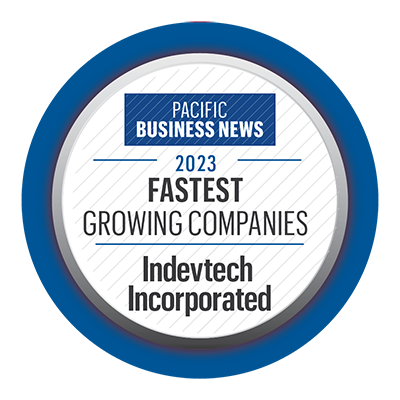The world has become reliant on technology for countless tasks, even to the point where businesses and individuals alike depend on technology just to go about their daily tasks. The big question, though, is whether people are happier with all this technology in their lives. Let’s go over how technology has impacted society as a whole in relation to people’s feelings.
Indevtech Blog
There are over 83 million millennials in the United States. That is one out of every four Americans; and, now the most populous generation of people in the U.S. are all of working age. It is not a surprise, then, to find out that there are more workers who were born between 1981 and 1997 in the United States than any other generation. Millions of new workers for the modern economy that continues to grow.
Millennials are entering the workforce at a considerable rate. In fact, some experts claim that millennials will soon make up at least one-third of the entire workforce. Thus, it’s important for both employers and workers from previous generations to understand how this generation thinks, acts, feels, and most important of all, works.
You’re already a business owner, but let’s say that you want to pick up some new skills. You want to be known as an expert in a new field, and you’re pretty dedicated to doing so. Perhaps you’re familiar with the 10,000 hours rule, which attempts to explain how someone becomes a master of a particular craft. Well, we hate to burst your bubble, but this rule might not be as simple as it sounds.
You wouldn’t think that sitting at a desk all day could have many detrimental effects to the body, but the opposite is actually true: remaining stationary throughout the day, especially in a slouching position, can cause considerable stress and discomfort. This discomfort, in addition to decreasing morale, can be a distraction that cuts into the productivity of workers throughout the day.










